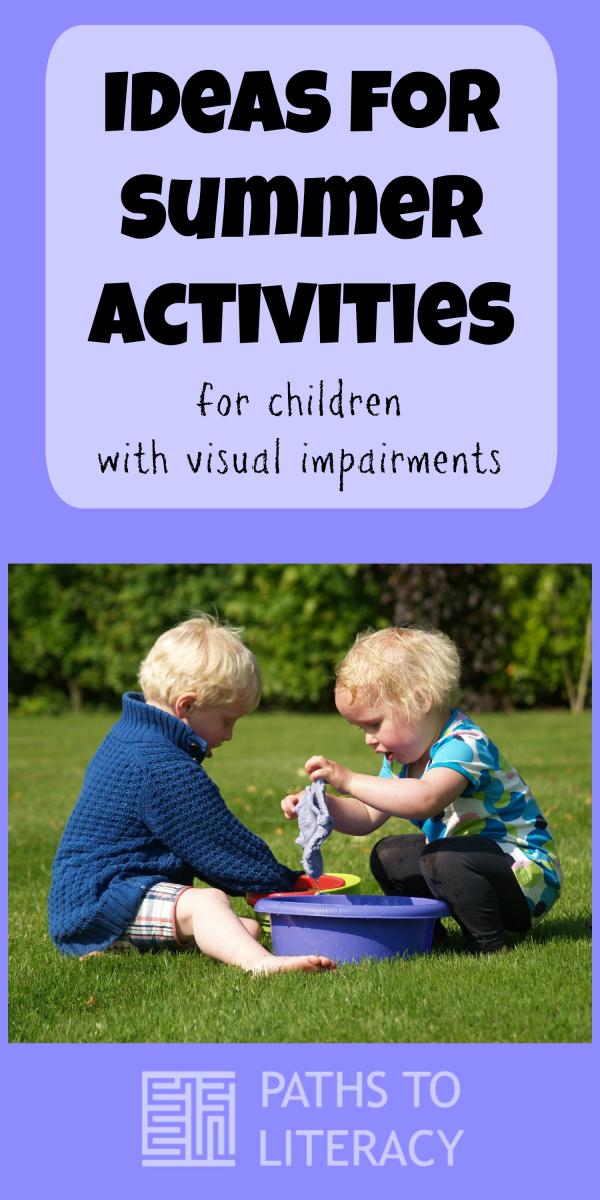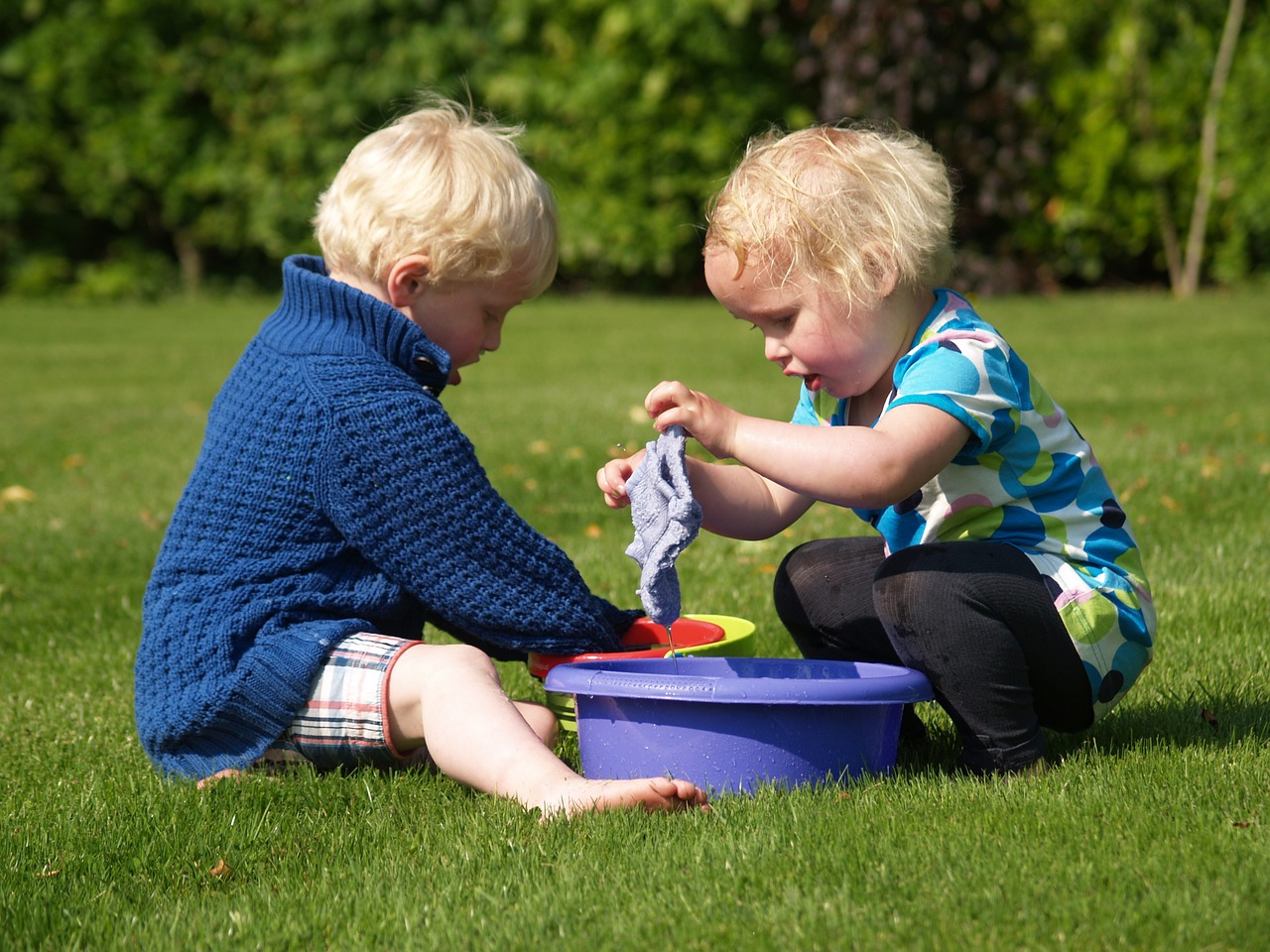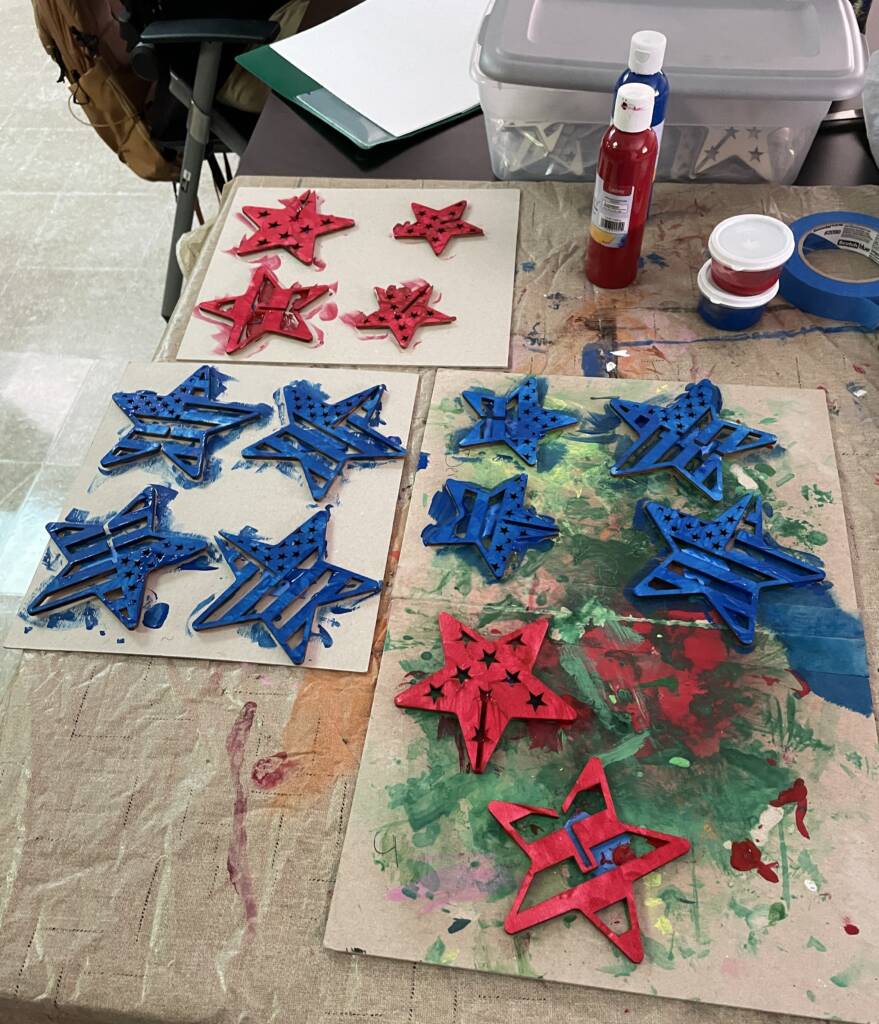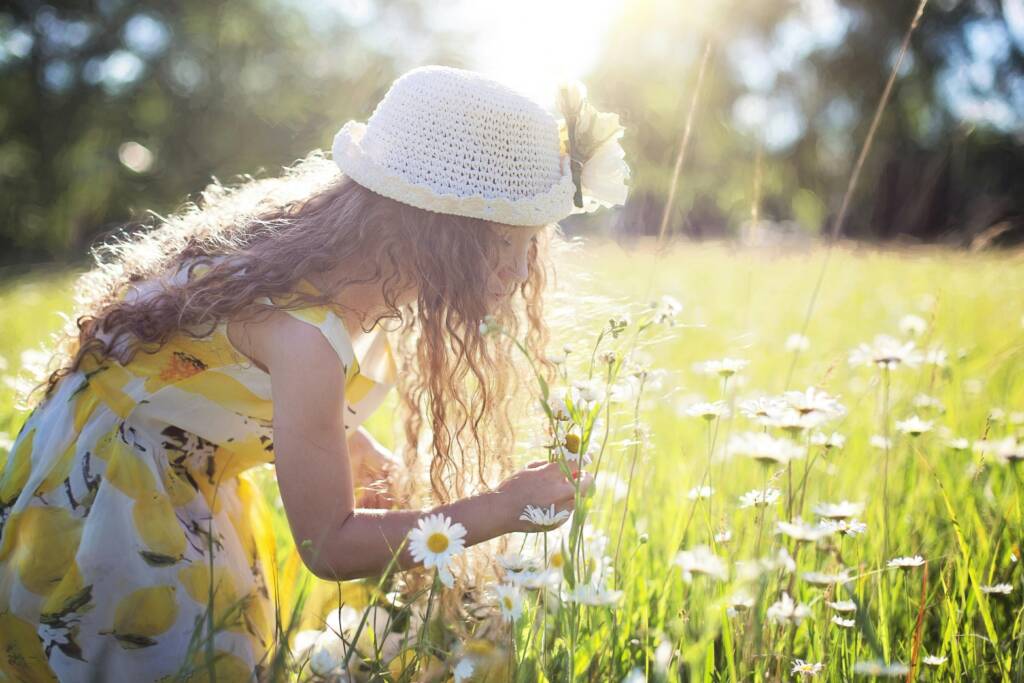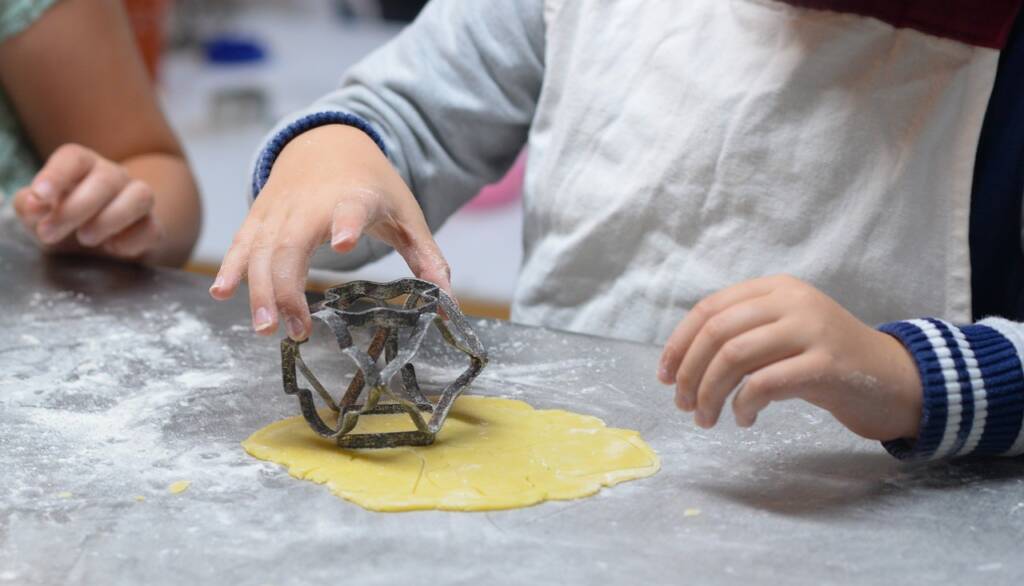Students from many countries around the world are enjoying summer and the great time that comes with it. Summer schools are in session and teachers have the chance to propose fun activities for which there might be no time during the school year.
Children with visual impairments and multiple disabilities need specialized instruction to compensate for the lack of incidental learning. As summer can offer a variety of opportunities to strongly work on those skills, here there are some ideas that might help teachers when planning fun, functional and meaningful summer activities for their students.
Art Activities
- Propose a creative “hands-on” activity linked to a summer story or theme.
- Allow for creation and exploration through touch and smell.
- Encourage students to get their hands dirty using paint, glue, scented markers, crayons, brushes, sponges, finger paints and any material you can think of.
- Include real objects whenever possible!
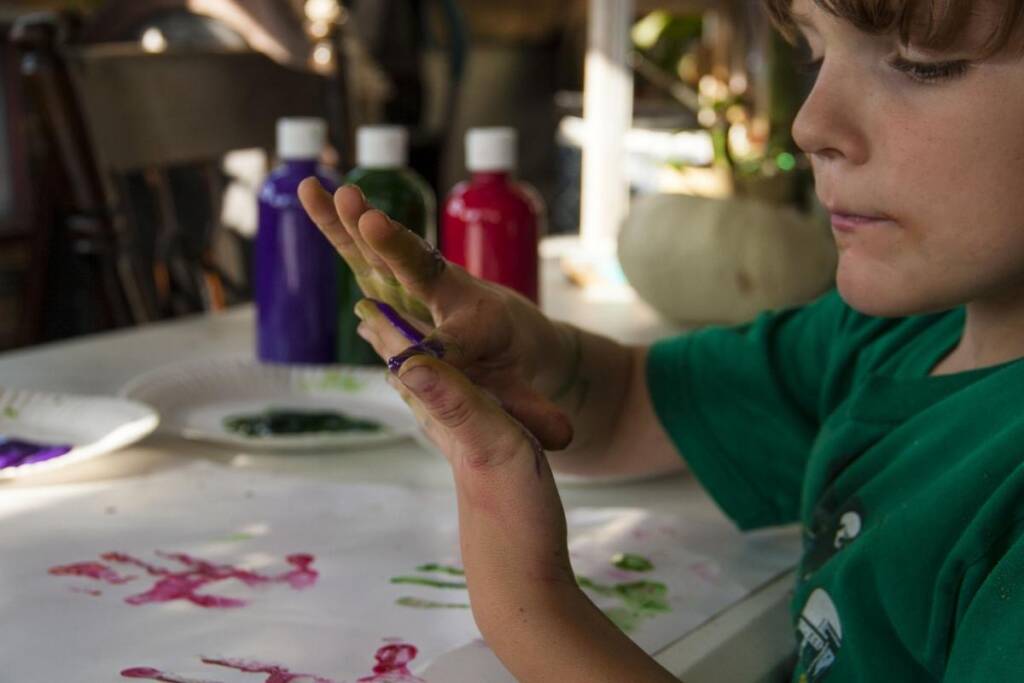
Finger Fun
- Plan for sensory exploration activities with textures, mixtures, foods and smells.
- Children can play with pegboards, stacking rings, shape sorter, form board, nuts and bolts, beading, etc.
- Students would love to play with these on a water table placed outdoors!
Gardening
- Gardening is an enjoyable activity that relates to cognitive, communicative and fine/gross motor skills.
- Consider child’s individual needs when putting hands in water or repotting a plant to bring home.
Motor Time
- Summer is the perfect time to help students to become active learners by engaging in physical play.
- Partner with the PTs, OTs, and Physical Ed. teachers to give children opportunities to explore a variety of gross motor activities and equipment.
- Plan activities focused on concept development, especially spatial and body awareness concepts.
- Praise children when having positive peer interactions, and when sharing and taking turns.

Music Sessions
- Go outside for informal music lessons where children can explore sounds and vibrations of “musical instruments” found in the nature. Sticks, stones, reeds can make music.
- Combine an exploration of music and nature and support imaginative experiences!
Play Time
- Play is the perfect opportunity to expand cognitive, language and early literacy skills.
- Create situations for early play skills (related to exploration of objects, toys and environment), social play (interactive games) and pretend play.
- Take the chance to play outside and to be a play partner of your student!
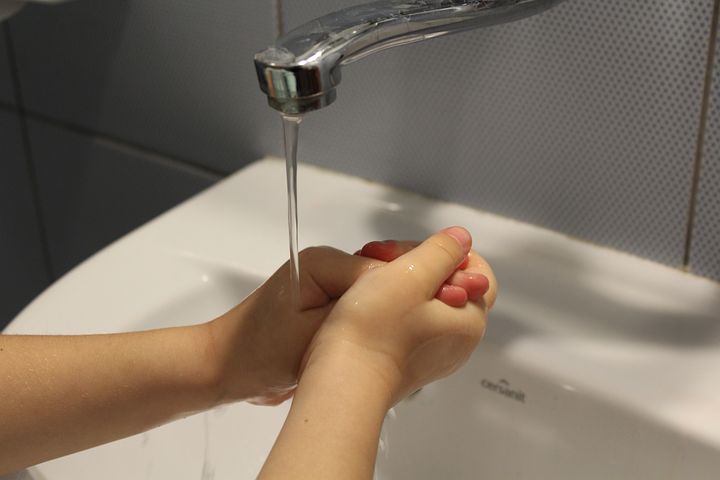
Self-Care
- Take the extra time to work on improving daily living skills like toileting, washing and drying hands, brushing teeth, brushing hair, dressing skills, self-feeding and mealtime skills.
What are your ideas?
How are you spending summer with your students? Share your experiences with us!
